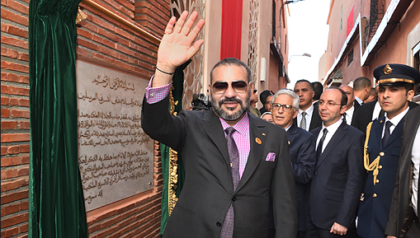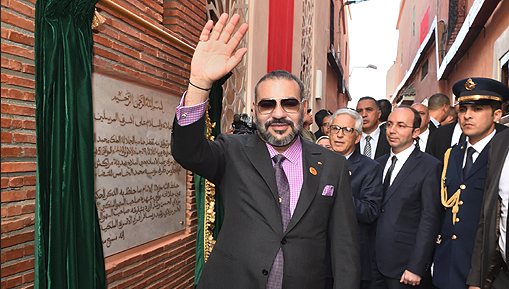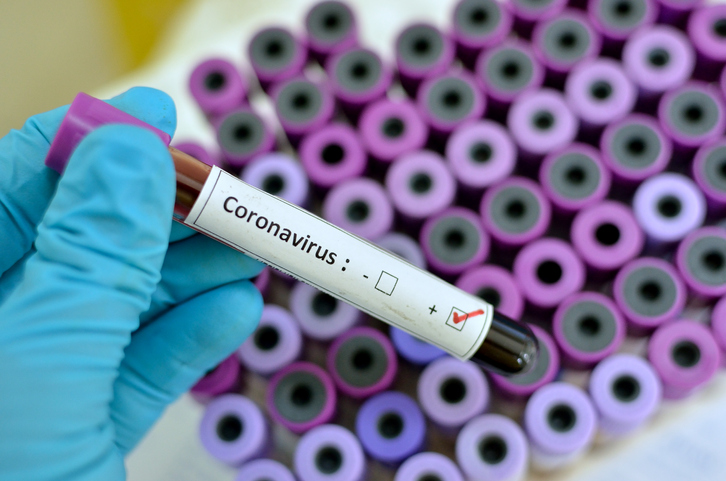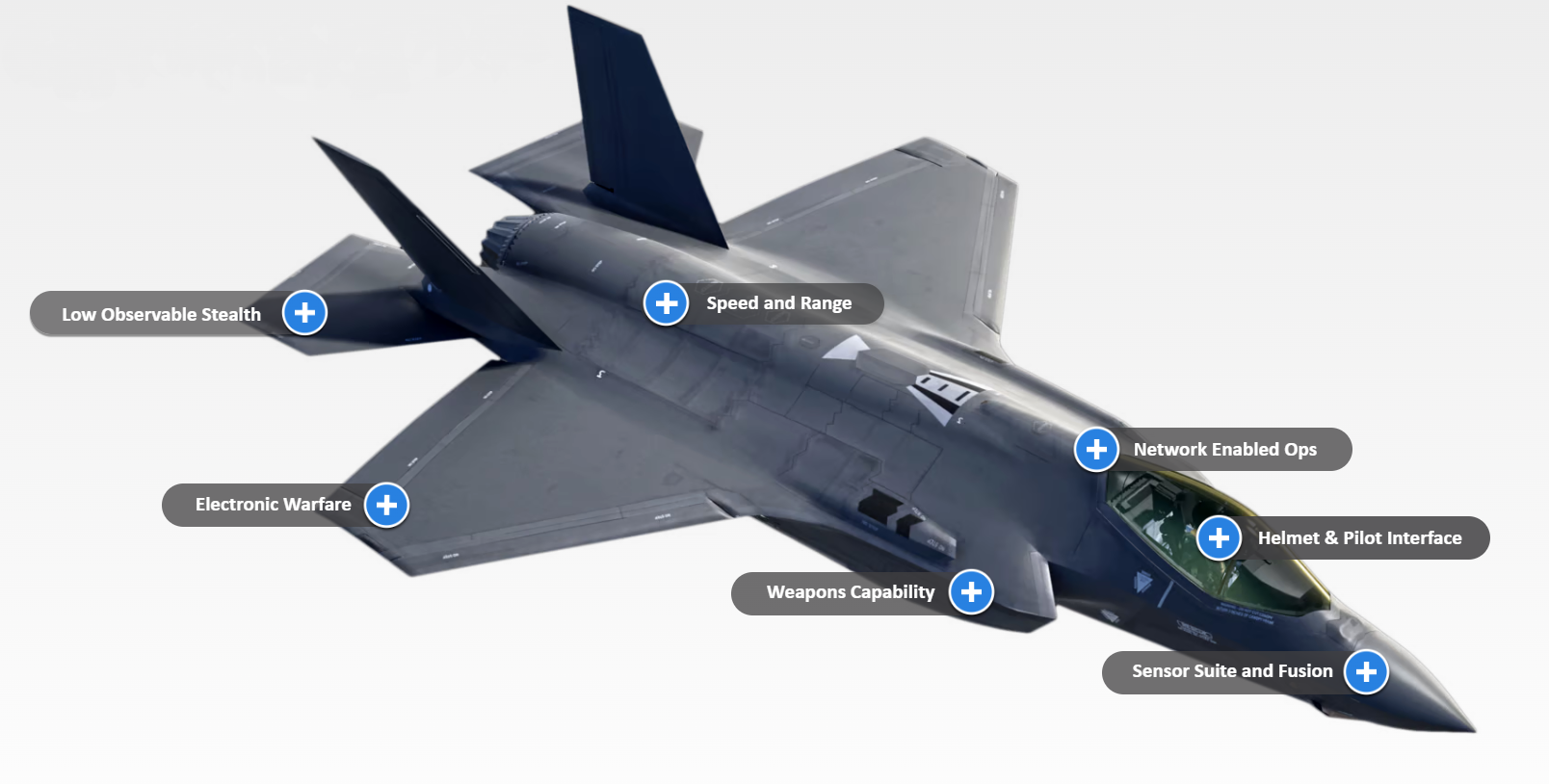 King Mohammed VI inaugurated, on Tuesday in Marrakesh, a primary healthcare center and an addictology treatment center.
King Mohammed VI inaugurated, on Tuesday in Marrakesh, a primary healthcare center and an addictology treatment center.
The two solidarity-based facilities are part of the refurbishment and upgrading of El Mellah neighborhood and stem from the royal will to reinforce the health offer via community-based and high-quality medical services that meet the needs of citizens, mainly from the underprivileged layers.
They also mirror the sovereign’s keenness to preserve and upgrade Morocco’s old medinas and his determination to ensure for inhabitants an easy access to basic services and to guarantee their well-being.
The construction works of the two projects, carried out by the Mohammed V Foundation for Solidarity, were launched by the monarch in January2017.
The primary healthcare center will facilitate underprivileged citizens’ access to medical care, speed up interventions in emergency rooms and fight medical monitoring irregularities particularly for patients with chronic diseases.
It will also ease medical accessibility to the large population living in the area that houses only one healthcare center, while the nearest hospital is far away.
The addictology treatment center is the second of its kind carried out by the Mohammed V Foundation for Solidarity in the city of Marrakesh.
A privileged tool for care, awareness, diagnosis, prevention and psycho-social support, this center (worth 4 million dirhams) is part of a national program to combat addictiveness. The program was launched in 2010 by the Foundation, in partnership with the Ministries of Health and the Interior.
This national program seeks to protect young people from the use of psychotropic substances, improve the quality of care provided to addicts, particularly drug users, ease accessibility to care facilities, and encourage the involvement of civil society and social departments in addiction issues.
The program also seeks through these centers to promote the social reintegration of the persons treated, as well as the supervision and training of associations in the field of risk reduction.
On the sidelines of the dedication of the two facilities, King Mohammed VI handed over to the primary health care center an ambulance. He also handed to the addiction-treatment center a mobile unit to be used for community-based interventions for drug users, for missions to establish contact, provide information, raise awareness of risks, provide means of prevention, and for the transport of targeted persons to the treatment center.



